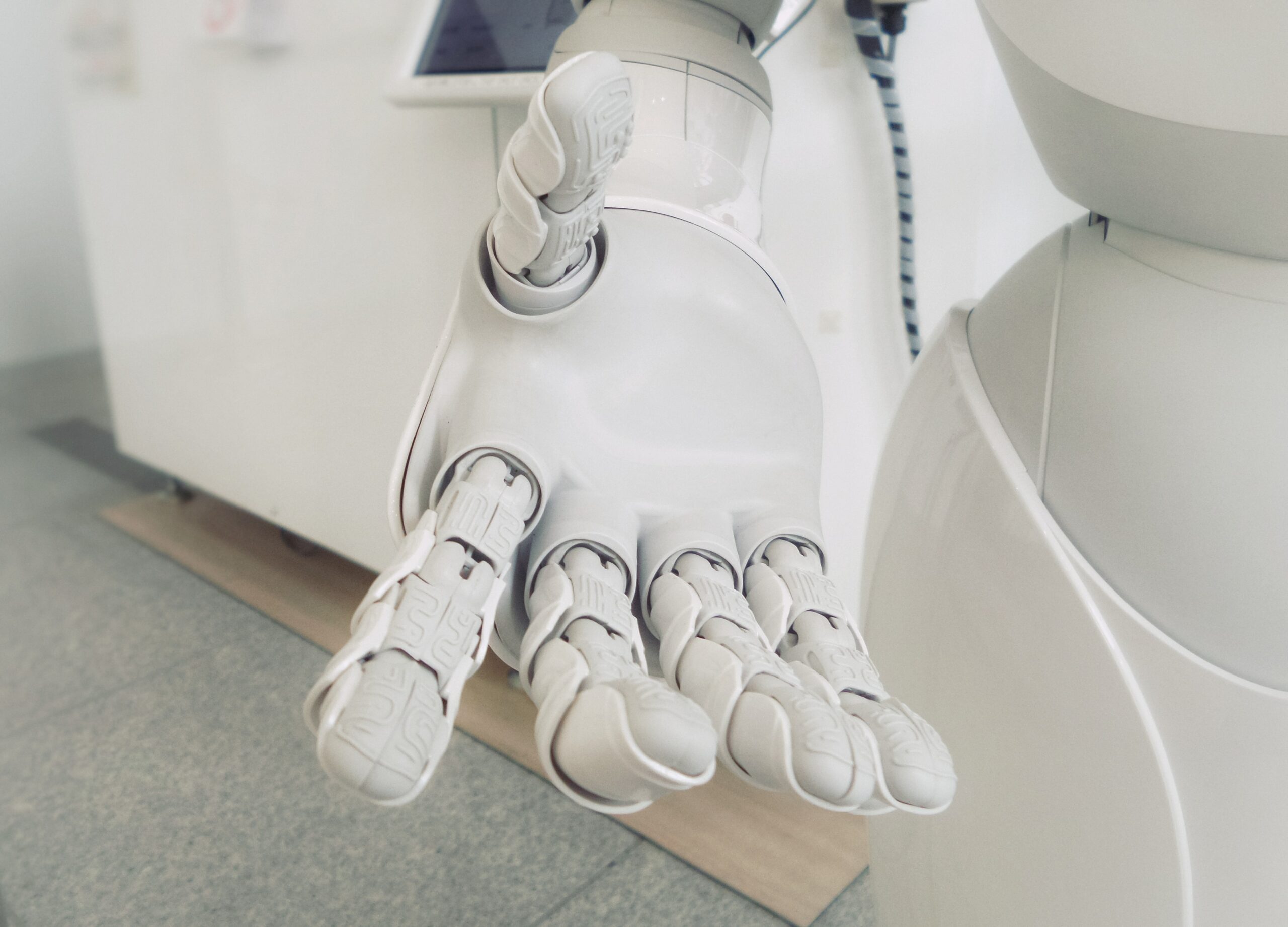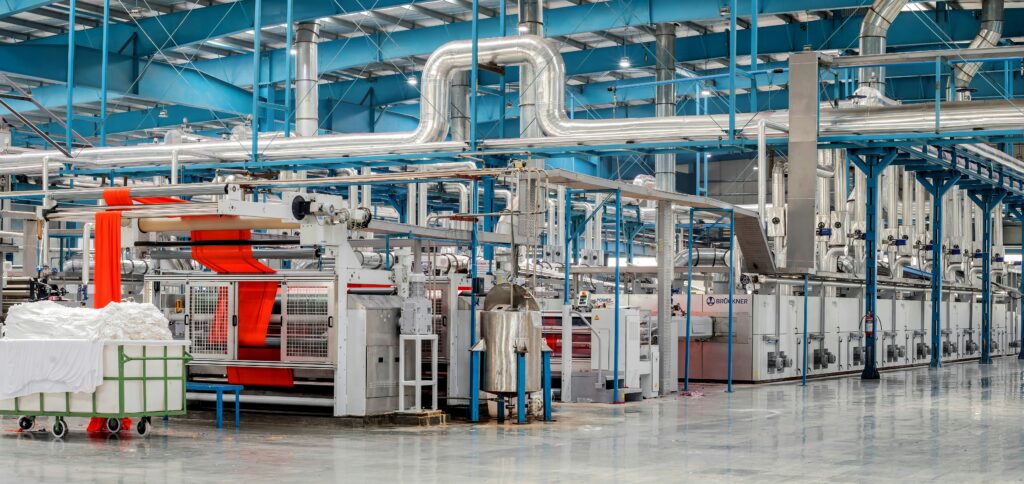A.I… The two letters you can’t seem to escape. It seems like everyone in your inbox, your LinkedIn feed and your boardroom is discussing the consequences of AI-powered technology and how it’s radically disrupting the status quo in business, IT and, well, everything. But what are the real implications for your bottom line? How can generative AI help your company save time and money in a real way?
The best way to untangle the hype from the reality of AI is this: focus first on the existing issues that need to be addressed in your organization, rather than getting lost in hypothetical future advances.
Working ‘forward’ into an unknown future leads to confusion, but starting with tangible problems and pain points and working ‘backward’ helps locate where AI-enablement is needed. When it comes to ERP test automation, there’s one specific category of AI making waves: generative AI, a subset of artificial intelligence that can create new and original content, like writing, images, music or even software tests by learning from existing examples. Why is it so innovative and dynamic? Because this tech is able to take in information and use its own reasoning to draw new conclusions. The ability to ideate new outcomes gives AI a depth and creative operability that is lacking in traditional automation and computerization, with considerable consequences for testing automation.
Reframe AI as an electronic Swiss Army knife, able to potentially help and improve on situations if applied in the correct way. With that in mind, AI software can enhance the ERP testing lifecycle at every stage, boosting efficiency in multiple ways:
Automated efficiency
AI-powered test automation tools excel at analyzing large amounts of data and uncovering patterns, resulting in more comprehensive test coverage. Unlike traditional approaches that rely on predetermined test cases, AI automation intelligently designs test scenarios that closely mimic real-world user interactions. This not only covers critical functionalities but also uncovers hidden defects, ensuring robust software quality.
Intelligent test case generation
AI automation brings the advantage of automatic test case generation. By leveraging machine learning algorithms, AI tools analyze extensive data sets to identify patterns and dependencies. Through understanding the application’s various paths and scenarios, AI can generate relevant test cases without human intervention, saving time for testers and allowing them to focus on something else.
Quicker defect detection
AI-powered automation tools expedite defect detection by continuously analyzing data and providing real-time insights during test execution, resulting in quicker resolutions. Machine learning algorithms identify abnormal behaviors and patterns, enabling prompt problem identification. By empowering developers with these new abilities, debugging time is greatly reduced, thus saving money by preventing defects from leaving the production line. This is the road most-traveled when considering the many possibilities of AI, since manual methods of searching for defects are notoriously cumbersome.
Self-repairing capabilities
AI-driven test automation is capable of self-learning and adapting to changes, providing resilience and efficiency. These automation tools can recognize when an element’s properties change and automatically update the test scripts accordingly. The capability to self-repair means maintenance efforts are reduced, saving time and resources while also allowing the automation suite to remain up-to-date.
Constant improvement and optimization
AI-powered analytics enable test automation frameworks to continually analyze results and optimize test suites. After gathering the necessary data, AI algorithms can identify redundant or ineffective test cases and suggest improvements for maximum efficiency. This iterative process empowers companies to constantly enhance their testing strategies, resulting in substantial savings in both time and cost.
Embrace the machine
Generative AI holds the potential to speed up software testing, and gives suggestions on how to streamline the process. It is also able to check for defects and breakages to a degree that would be impossible for a human mind in the same amount of time. In a world where system downtime can cost an organization up to $300,000 per hour, that peace of mind is valuable.
Overall, where are we headed? Into a brave new world of extreme efficiency, where human error no longer causes major disruptions and snarls in “business as usual”. Applying artificial intelligence solutions into your ERP environment is not a single, one-size-fits-all event; it’s a matter of finding your pain points and bottlenecks and applying the technology as-needed.






